Kingsman: The Secret Service (2014): A Love Letter to Classic James Bond
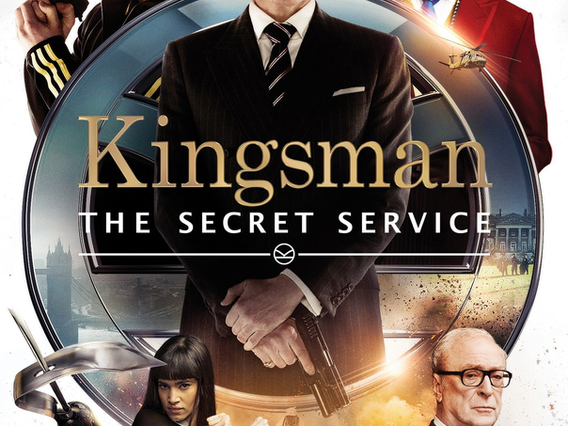
When it comes to spy movies, there are none more legendary than James Bond. With that legend, comes those that parody and satire its characters and tropes. The biggest one has to be the Austin Powers franchise, parodying everything that 007 has become known for. But there’s another franchise that successfully pokes fun at all the super spy trope movies today use regularly but still manage to tell something original. That franchise is Kingsman.
Eggsy (played by Taron Egerton) is a street hustler in London trying to take care of his mother and baby sister when he decides to car jack from a local gang and crash the car into a police vehicle. On threat of going to prison, he is subsequently released by a mysterious figure in a fancy suit. This gentleman, Harry Hart AKA Galahad (played by Colin Firth), turns out to be a spy that worked with Eggsy’s father before he passed away. Harry gives Eggsy the opportunity to become a spy just like his father. But when rich philanthropist Valentine (played by Samuel L. Jackson) comes up with a plan of global genocide, it is up to Eggsy along with the other Kingsman to save the world.
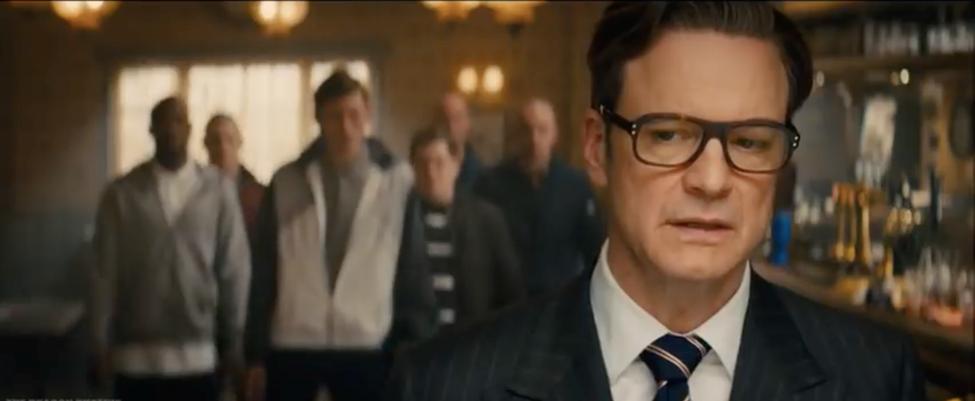
This film’s action has to be some of the best of the past decade as it is uniquely edited in some sequences to act as a continuous one shot. The most iconic and vibrant of all these sequences has to be the church massacre which just so happens to be edited with the legendary guitar solo from Lynyrd Skynyrd’s “Free Bird.” It creates such a spectacle, this could’ve been a short film all by itself; filmmaker, Matthew Vaughn went the extra mile and created several sequences like the church one. None stand out as fantastic as the church scene. That is mostly because it also ends our expectations on several movie tropes that many movie goers have grown accustomed to, like our protagonist saving the day and justifiably killing the bad guy rather than taking part in the annihilation of bigoted church goers, even if he was under the influence of a device that elevated aggression while at the same time lowered inhibition control.
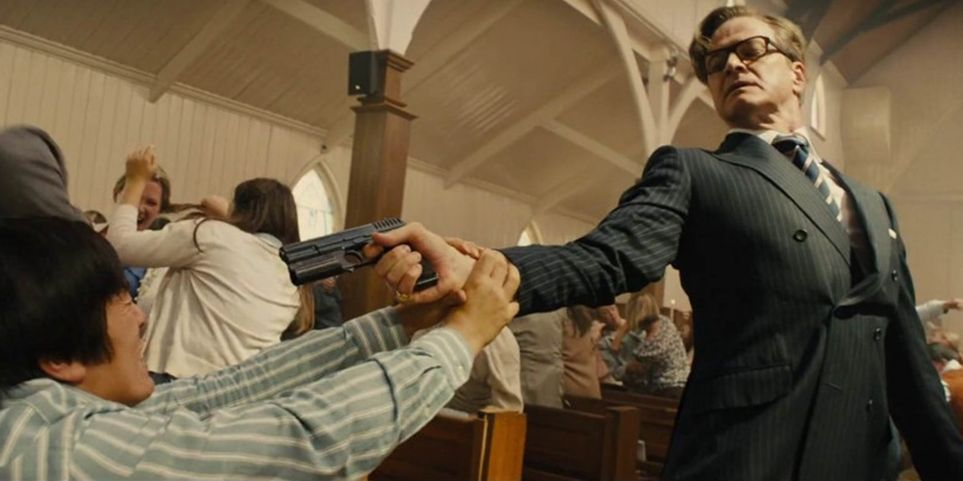
Some of these spy tropes are that the protagonist or mentor figure is captured by the villain after monologuing about his upcoming evil plan, followed by the protagonist escaping and stopping the antagonist. This trope was subverted immediately following the church scene, with Valentine executing Harry Hart on the spot without any explanation of his plot. It gave a nice change of pace to a well-worn formula and also pulled a gutsy move of killing off a main character in the first film, even if this is kind of cheaply undone in the sequel. The understanding of these tropes and their subversions lead to no truly dumb decisions made by any of the characters throughout the film. Giving no reason for the audience to complain or roll their eyes at anything. They also poke fun at the “Bond Girl” trope in the last few minutes of the film with Eggsy getting “friendly” with abducted Swedish royalty after saving the world. Although this did get some backlash from audiences even though it was made more for a laugh than anything else.
I cannot talk about this film without mentioning the performances. Everyone stands out on a cast full of talent; I mean, we got Colin Firth breaking his typical Oscar bait movie typecasting to play the Bond-esque super spy Harry Hart. He plays the dangerous gentleman well, sliding into the role perfectly. It almost feels all of his serious work led up to this role for him. Then there’s the breakout star Taron Egerton playing Eggsy, terrifically holding his own against legends like Samuel L. Jackson and Mark Strong.
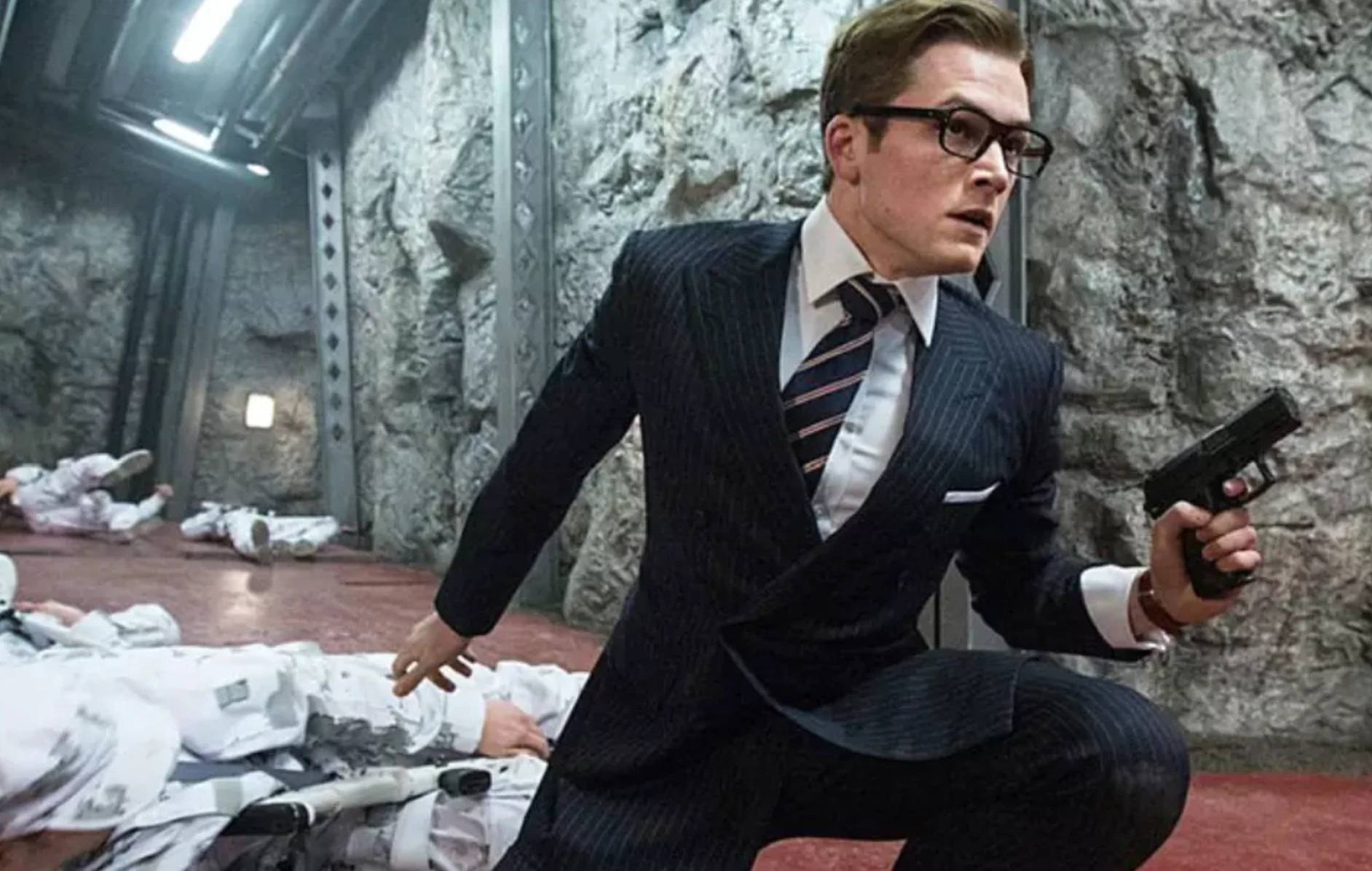
But of course, this film is elevated higher with our dear villain, Valentine. Who, unlike most movie villains, despises violence, even admitting he throws up at the sight of blood. Yet he has no problem committing global genocide in order to “save” the world from an unseen extinction level event. While it is nice to see a movie character care for the environment, many audience members will not sympathize with Valentine’s plan of action. His charisma can light up a room, his status as a philanthropist makes his villainous intentions invisible to most of the public, and his lisp makes him stand out among a pantheon of classic spy villains.
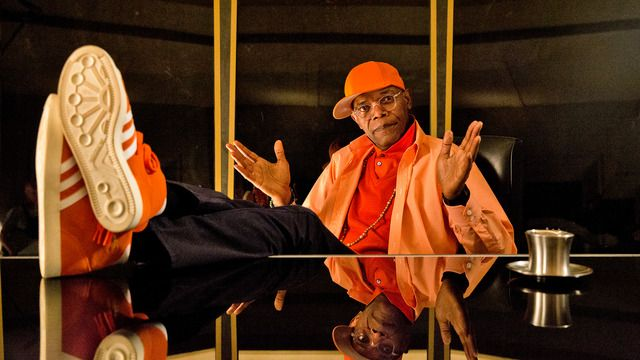
Let’s face it, the spy genre is sort of dying out nowadays, with only Daniel Craig’s 007 and Mission Impossible keeping the genre afloat. But Kingsman: The Secret Service breathed new life into the genre, steering into the tropes and clichés that made spy movies so fun to watch. Not only is this satire a great look at spy thrillers but also manages to maintain its identity as an original idea. Stellar characters, instantly iconic and memorable action sequences, Kingsman: The Secret Service managed to possibly surpass Bond at his own game, even if the Kingsman sequel and prequel are more forgettable affairs.






